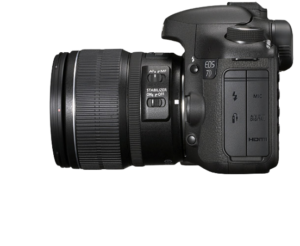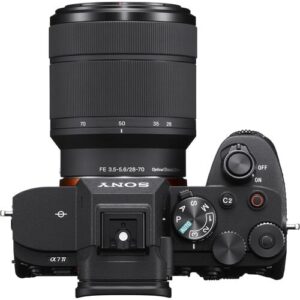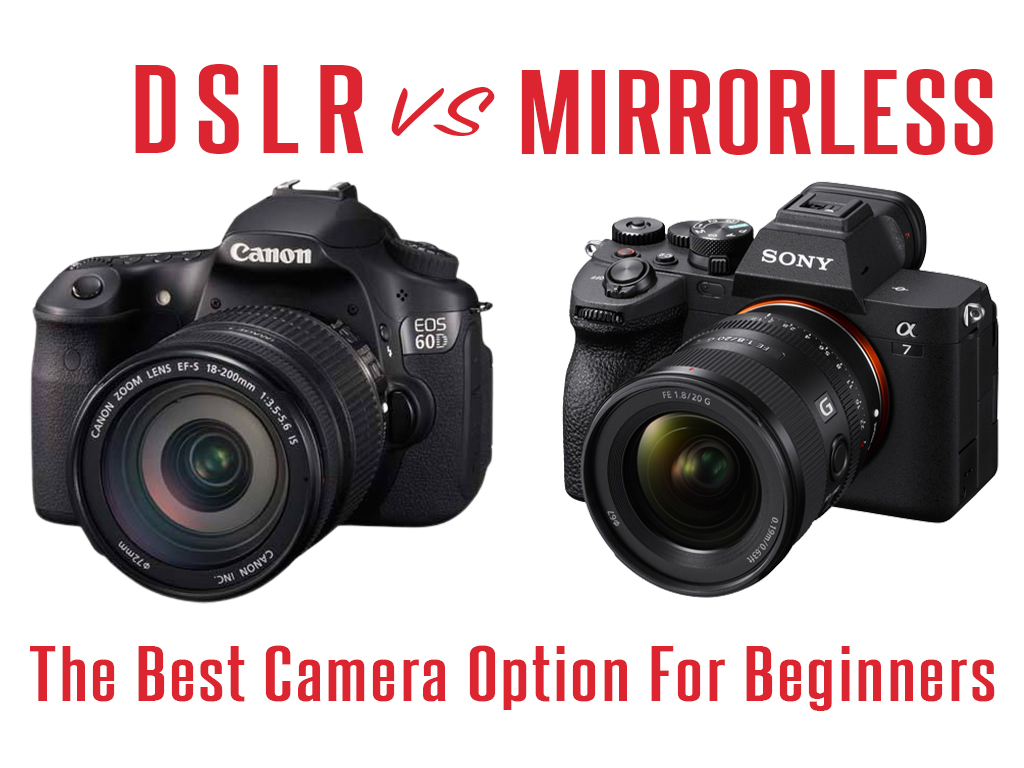DSLR vs mirrorless cameras is a debate that has been there since time in memorial. However, there is no conclusive decision favoring one camera system over the other. Both types of cameras have their individual benefits so making a choice depends on personal preferences.
Having no clue of how camera systems work has led to many photography beginners making uninformed decisions. This article is aimed to enlighten you on the pros and cons of the digital cameras in the market.
What Is The Major Difference Between DSLR and Mirrorless Cameras?
Since there is no outright physical difference between a DSLR and Mirrorless cameras, this topic is torn apart by the system technology used in each device;
What Is A DSLR Camera?

A digital single-lens reflex camera (DSLR) is a camera system technology in which light from the lens bounces off a mirror to the optical viewfinder via a pentaprism.
As you press the shutter button the reflecting mirror flips upwards exposing the sensor to the light thus taking a photo.
This process requires more space for the mirror and the pentaprism therefore a DSLR camera appears to be bigger and also bulky.
What Is A Mirrorless Camera?

As the name suggests, a mirrorless camera camera does not have a mirror to reflect light into the viewfinder. Instead, the light passes direct into the camera sensor.
The sensor then project the image digitally into an electronic viewfinder. This means that what you see is what the footage you record looks like.
Due to the absence of a flipping mirror system, a mirrorless camera is relatively smaller and lighter than a DSLR camera.
What Are The Pros And Cons Of DSLR vs Mirrorless Cameras?
Now that we are familiar with how each camera system works, let’s now take DSLR versus Mirrorless Cameras topic into advantages and disadvantages.
Advantages Of DSLR Cameras
DSLR cameras have been around for quite some time and may have an upper hand in some areas compared to mirrorless cameras.
Below are the benefits of owning a DSLR Camera:
Vast Options For Lenses and Other Accessories
The market is congested with lenses and other tools compatible with DSLR cameras. This is because DSLR technology has been in existence for a longer period. This may make it easy for photography beginners to acquire them easily and at more affordable rates.
Longer Battery Life
Due to their bigger size, these Cameras are able to carry bigger batteries thus more shots per full charge.
Durability
The camera sensor in a DSLR is hidden behind the reflective mirror. This gives the system lower vulnerability chances compared to a mirrorless camera. Dust and other particles will not get directly into the fragile camera sensor making DSLR easier to maintain.
Disadvantages Of DSLR Cameras
As much there are a few pros for you to buy a DSLR camera, there are equally disadvantages of owning this system if you are new to photography;
Bulky
DSLR Camera systems are quite heavy. This makes it more tiresome when you shoot for long. The footage may also end up being shaky.
Slower Shutter speed
Once the photographer presses the shutter button, the mirror has to be lifted to expose light into the sensor. This process takes a longer while compared to a mirrorless camera thus lowering the speed of taking shots.
Optical Viewfinder
As much as “professional” photographers prefer an optical view finder, this may not work well with first time photographers. You have to be familiar with terms such as ISO, aperture and shutter speed.
Advantages Of Mirrorless Cameras
Mirrorless cameras are growing more and more dominant in the world of photography. This is due to the advances in technology which raises a need for more compact gadgets.
In this blog section we are going to list the pros and cons of a mirrorless camera;
Light weight
One of the main advantage of mirrorless cameras is that they are very small and easy to carry. This makes it more friendly if you are making footage for a long period of time.
High Video Quality
Mirrorless cameras are highly advanced with the latest technology. It has better features in image stabilization, autofocus and color science. This adds up to a better video quality.
Cutting Edge Lenses
There has been advancements in the glass used to make lenses for mirrorless cameras. This means better images will be produced while shooting with these lenses.
Silent Shutter
When taking a shot, mirrorless cameras are incredibly silent. This is because there is no mechanical mirror moving to let light in to the camera sensor. This may save you the trouble of making noise where an event that is quiet like a wedding is happening.
Live View Feed
The electronic viewfinder in a mirrorless camera displays the final footage that has been processed by the camera. This means you will know when your image is overexposed or underexposed and make the necessary fixes.
Disadvantages Of Mirrorless Cameras
Like everything else that has a good side, mirrorless cameras have their disadvantages compared to DSLRs
Short Battery Life
Due to their small size, mirrorless cameras do not have a space large enough to carry a big battery. The electronic viewfinder also helps in draining the battery resulting in the camera taking fewer shots per full charge.
Ergonomics
Mirrorless cameras have a compact size. To some people this may make it hard to grip and operate effectively. However, there are accessories such as hand grip strap for more comfort.
Limited To Lenses and Other Accessories
Mirrorless technology is just starting its journey. This means minor milestones have been met for accessories to complement the camera system. As the technology advances however, it will be easier to purchase the add-ons as they will be available in the market.
DSLR vs Mirrorless: Which Camera Is Better For Beginners?
This table compares DSLR and Mirrorless cameras to help you make a better choice depending on your photography priorities;
Conclusion on The Comparison Between DSLR and Mirrorless Cameras
With the information above, mirrorless cameras are more suitable for photography beginners. These cameras are lighter, easier to carry and offer better footage quality. With a touchscreen, this system is easier to control compared to the more manual oriented DSLR.

